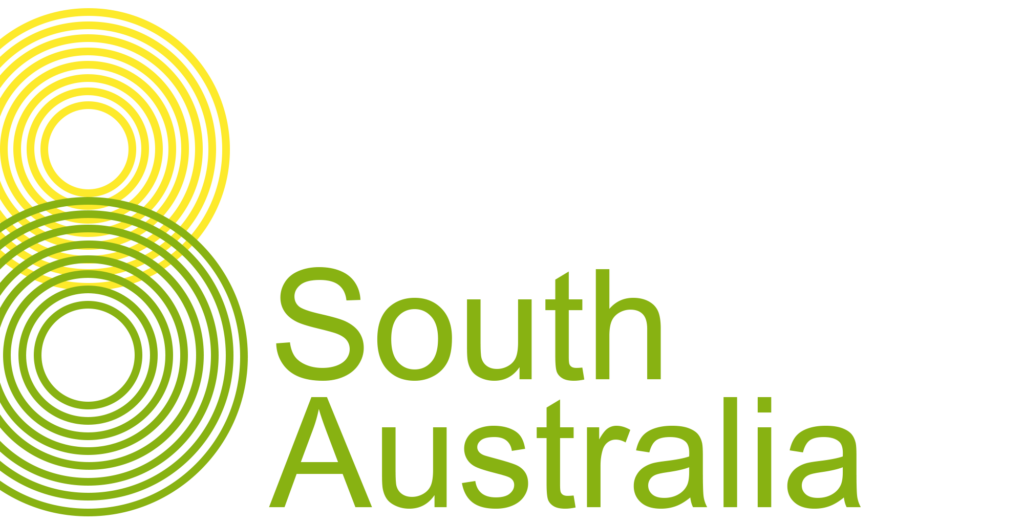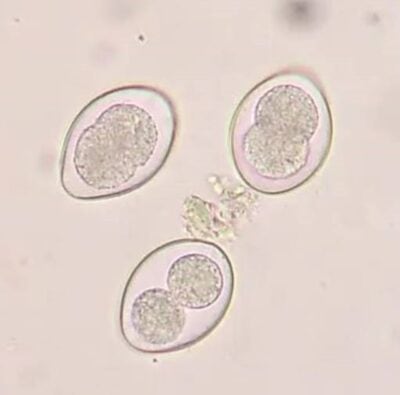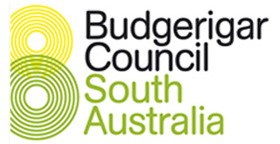
Coccidiosis in Birds/Budgies
Coccidiosis is a common parasitic disease in birds, including budgerigars. To that end, a single-celled organism called coccidia causes the disease. This infects the intestines of birds and cause a range of symptoms, including diarrhea, weight loss, and even death. Budgerigars are particularly susceptible as they are small and have a delicate digestive system. As a result, the disease spreads quickly in aviaries or pet stores where birds are in close quarters. Additionally, it is important for owners to be aware of the signs of coccidiosis in budgies to prevent outbreaks.
Symptoms of Coccidiosis in Birds

Coccidia inhabit the small intestines of birds. Subsequently, they pass their eggs, known as oocysts, in the droppings. Birds often ingest Coccidia when they consume food or soil contaminated with these infected droppings. The oocyst can survive on the ground away from the host for a long period of time.
Symptoms of coccidiosis in budgies include diarrhea, weight loss, reduced interest in eating, lethargy, and feather plucking. In severe cases, the bird may also have bloody stool and some problems breathing. Without doubt, if you suspect your budgerigar has coccidiosis, take them to a vet who focuses on avian medicine.
Specifically, a vet looks at a sample of the bird’s stool under a microscope to ascertain the presence of coccidia. Once diagnosed, the vet may issue some form of medication to help clear the infection.
Preventing Coccidiosis in Budgies
Preventing coccidiosis in budgies is important, especially if you have multiple birds living in the same space. To reduce the risk of infection, keep your bird’s living area clean and dry. Furthermore, provide them with fresh food and water daily. Quarantine any new birds you bring into your home to make sure they are not carrying any diseases.
In addition to these preventative measures, you can also give your budgie a probiotic to help maintain a healthy digestive system. Probiotics are beneficial bacteria that live in the intestines and help to prevent the overgrowth of harmful organisms like coccidia. You can find these specifically designed for birds at pet stores or online.
Conclusion
In conclusion, coccidiosis is a serious disease that can affect budgies and other birds. It’s important to be aware of the symptoms and take steps to prevent and treat the disease. By keeping your bird’s living area clean and dry, giving them with fresh food and water daily, and giving them a probiotic, you can help reduce the risk of coccidiosis and keep your budgies healthy and happy. If you suspect your bird has coccidiosis, be sure to take them to a vet for diagnosis and treatment.
Finally, for all the latest news and updates on Budgies and Birds, check out our Socials.
